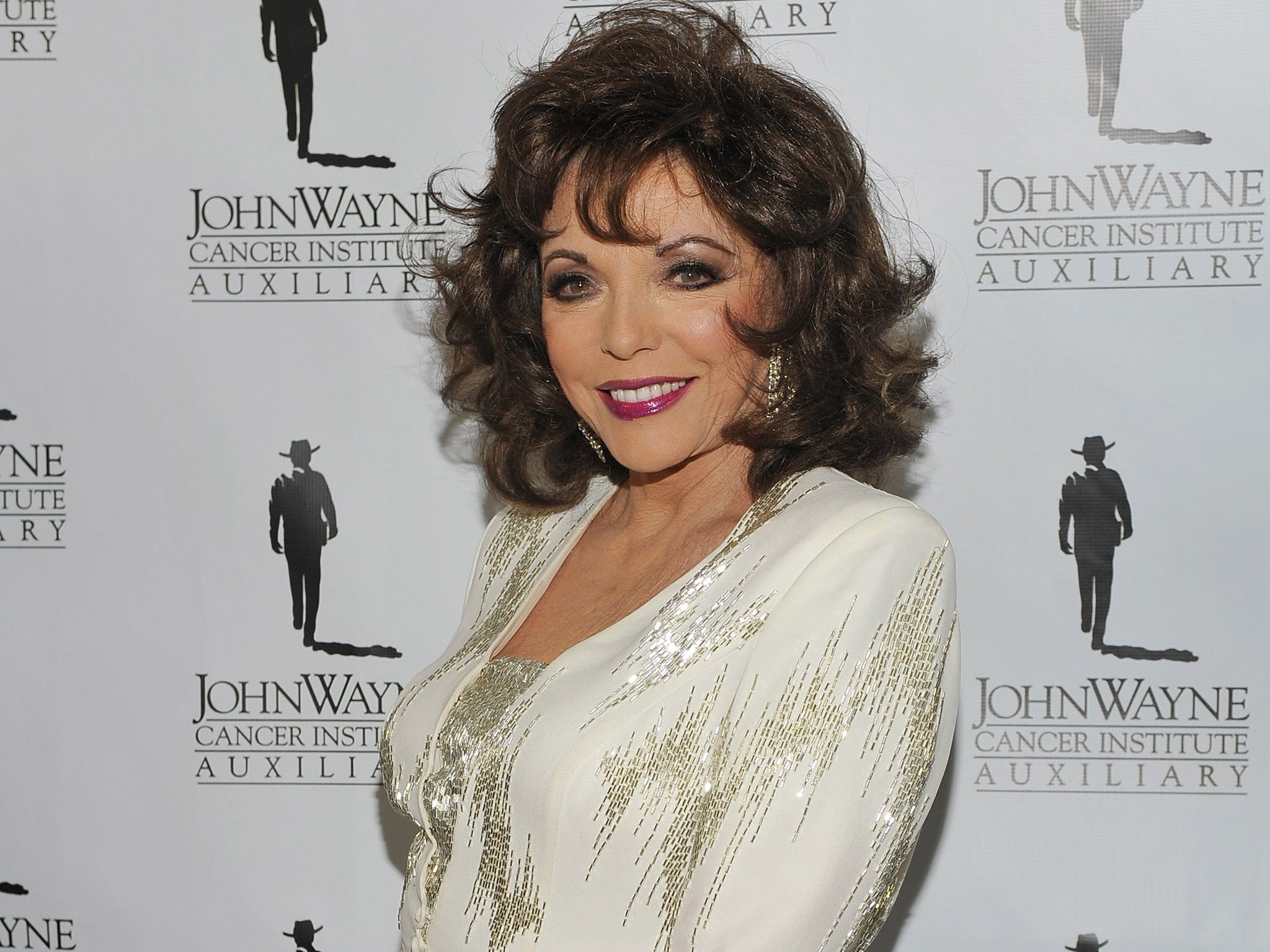Forget the perverts, remember the jokes
The 1970s weren't all bad, as some sad losses have reminded us. Plus, Michael Gove on the naughty step, and secrets of the PM's tennis court

It was a bad week for symbols of 1970s popular culture. Tuesday brought news of the passing of Eddie Braben, Morecambe and Wise's veteran gags-man, followed in quick succession by Trevor Bolder – David Bowie's bass player in his Ziggy Stardust days – and Mick McManus, decade-long ornament of ITV's Saturday afternoon wrestling show. Meanwhile, Joan Collins was celebrating her 80th birthday, an anniversary which makes her seem rather youthful, given that she first appeared on a cinema screen in Lady Godiva Rides Again as long ago as 1951.
Just turned 19 when the 1970s ended, I am conscious of each of these four luminaries winding their way through the lawns of memory like so much knotweed: Braben's series of one-liners, or sometimes only two-worders ("Tea, Ern?") that seem as funny now as when first minted; Bolder's faux mutton-chop whiskers stealing into the edge of the frame in early 1970s editions of Top of the Pops; McManus grunting his way through that sedate, Dickie Davies-compered preamble to the football results; Miss Collins, with a place permanently reserved for her next to Mrs Thatcher in the seating plans of my father's imaginary dinner parties. To what, a third of a century later, does all this amount?
At the time, the 1970s seemed a place of generational extremes, in which public figures were either very old or very young (James Callaghan succeeding to the premiership at 64 after 31 years in the House of Commons was as commonplace an occurrence as Little Jimmy Osmond having a hit record at the tender age of nine). It was also – and this is not a retrospective judgement – an era of licensed grotesquerie, in which a good 20 per cent of the characters held up for mass inspection seemed to be projecting the kind of personalities that a previous age would have kept firmly under wraps.
Here in 2013, the 1970s are irrevocably tainted by the ceaseless flow of revelations about their popular entertainers. You have a suspicion that the historians of the future will probably mark them down as a time in which the implications of the 1960s – a decade whose popular myths were really only enacted in two or three square miles of central London – caught up with the great mass of ordinary people.
This is all very well, but I am still shedding a silent tear for Trevor Bolder's whiskers.
...
Michael Gove attracts press headlines in the way that a magnet picks up paper-clips. No front bench politician has half his ability to luxuriate, or sometimes only nervously twitch, in the public eye, and no doubt 20 years hence postgraduates will be writing PhD theses with titles like "Gove and the Media: An Eternal Golden Braid".
Emerging from the debacle of last weekend's gathering of the National Association of Head Teachers in Birmingham, where he was the subject of a no-confidence vote, Mr Gove then proceeded to unveil a progress report on the Government's scheme to encourage free schools, over a hundred of which are shortly to leave the drawing board.
The general feeling among teachers who rant at Mr Gove and write letters to The Guardian seems to be that free schools, however strongly desired by the people who set them up, or the Svengali behind them, are a bad thing as they divert valuable resources from the state education system as a whole. Parental advocates interviewed on the TV news programmes, on the other hand, appear to value their emphasis on discipline, uniforms and good exam results – not, on the whole, topics that feature in reports from teaching union conferences.
One sympathises profoundly with the nation's head teachers, for they are caught between a rock and a hard place. The rock is their own expertise and professional judgement, and the hard place is Mr Gove – a reforming Education Secretary who, whatever you think of his aims, has made more noise in three years than his Labour predecessors did in 13.
Simultaneously, the enthusiasm of certain parents, and, it must be said, certain teachers, for free schools suggests there is a demand for them. If so many interested parties are desperate to flee the conventional state-school system, then perhaps the teaching unions should be asking themselves why.
...
Newspaper articles about the Court of David Cameron – there were several last week – nearly always betray a certain naivety. There is satirical talk, for example, about the post of "Prime Minister's tennis partner".
The role played by Eric Schmidt, executive chairman of tax-avoiding Google and a member of one of the PM's task forces, has been widely discussed. The thought that Mr Cameron has various friends whose activities impinge upon the workings of his government has been greeted like the tolling of a leper bell.
In the Prime Minister's defence, if this is oligarchy red in tooth and claw then there have been worse exponents of it than Mr Cameron. Harold Wilson famously operated by way of a kitchen cabinet from which many of his democratically elected colleagues were excluded. Woodrow Wyatt's diaries disclose, among many other horrors, that the fate of one foreign secretary in the mid-1990s was very nearly decided by a triumvirate consisting of John Major, Rupert Murdoch and Wyatt himself. Set against this miasma of wire-pulling and backstage intrigue, Mr Cameron seems a model of probity.
Join our commenting forum
Join thought-provoking conversations, follow other Independent readers and see their replies
Comments
Bookmark popover
Removed from bookmarks